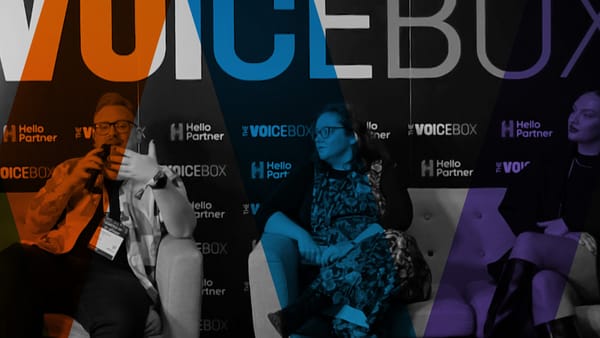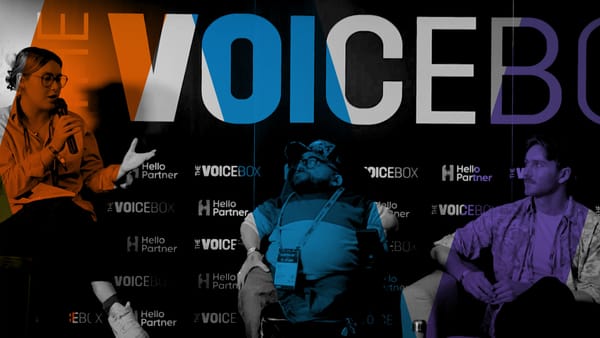Since the advent of mass media in the 1950s, the exposure to major milestones in civil rights movements such as the Montgomery bus boycott and the rise of Martin Luther King helped shape public opinion and quickened the pace toward greater levels of equality. This trend has been turbocharged through the decades, reaching its pinnacle in the summer of 2020, with social media platforms hosting those voices who became the main driver of calls for change.
Unlike previous mediums that are playing catch-up to represent the diversity of heritage in society, social media has a unique role in amplifying essential voices and more importantly, empowering minorities to directly influence their communities. The lack of diversity and representation in television shows and films has been a major issue since the creation of these forms of entertainment – early television often reflecting a very narrow representation of non-white characters.
Whilst the tonality of representation has evolved to one that is more progressive, visual representation still lags behind the expectations of current-day audiences. In just 2019, the portrayal of Black, Asian, and minority ethnic people in the television industry went backwards, falling from 22.7% to 21.2%. In 2021, LGBTQ+ representation on television fell for the first time in five years, according to an annual report by LGBTQ advocacy organisation GLAAD, decreasing from the previous year’s record-high percentage of 10.2%.
To further expand the notions of diversity and inclusion, the emergence of social media has been a powerful tool in amplifying the voices of those often underrepresented in traditional media. In particular, the rise of internet-made influencers has revolutionised representation for marginalised groups, connecting individuals and communities across various localities around the world within a few clicks. As such, it comes as no surprise that new data from Room Unlocked has unveiled that close to half (42%) of ethnic minorities in Britain say the influencers they follow are based on shared beliefs and values, this is in comparison to just 25% of the remaining general population.
How does this translate to social media?
Despite the rise in our usage of social media, there is still a greater need for representation in the space. This is reflected when putting into perspective the powerful black voices that are influencing today’s social media landscape which mostly fall into the nano and micro-influencer categories. To contextualise this, today only 23% of black influencers have over 100,000 followers, as opposed to 41% of white influencers, with the pay gap between black and white influencers standing at 22%.
Entering an era of inclusivity and body positivity – the white, highly-filtered influencer prototype is no longer appealing to consumers who now want to see themselves reflected in the creators they choose to follow. Highlighting the need for diversity online. 32% of Brits said they struggle to find internet personalities that look like them and a staggering 42% of ethnic minorities also agree with this statement. The evidence, therefore, suggests that promoting diversity is the most forward-thinking way for brands to engage with influencers in order to cater to the needs of consumers of all races, sexualities, body types and socio-economic backgrounds.
Authors such as Matthew Syed have articulated with great effect the power of diversity as a conduit for improving the natural talent pool within a business. This notion applies too for the external services and resources that a business may wish to invest into. For enterprises with an influencer marketing strategy, hiring ambassadors that reflect the values and views of their customers, as well as mirroring their own uniqueness and diversity is crucial for performance. 22% of Black Brits have communicated influencers who represent their own community inspire consumers the most to buy products.
Power and trust
The value and power behind influencer marketing is the relationship of trust that is formed between the content creator and the consumer. Rather than just selling a product, influencers can give advice on everything from the best hair products to how to get rid of carpet stains. Serving the role of a best friend, family member or changemaker, they are perceived to be more credible and accessible than any other form of marketing.
But it’s not enough to just market inclusiveness or diversity, as our results also show that 37% of consumers say they identify more with influencers who post with a social cause at the heart of their content. Influencers who are going to survive and thrive in the current climate are those that have a social cause or genuine passion at the heart of their voice and the content they create, rather than just posting products that they’ve been paid to advertise. Authenticity has quite rightly become king amidst an industry that has been awash with disingenuous content throughout the years and this is becoming increasingly easier to spot.








